AI PCs are becoming a no-brainer for IT decision makers
With the demise of Windows 10 support prompting a major refresh cycle, organizations are looking to replace them with AI PCs
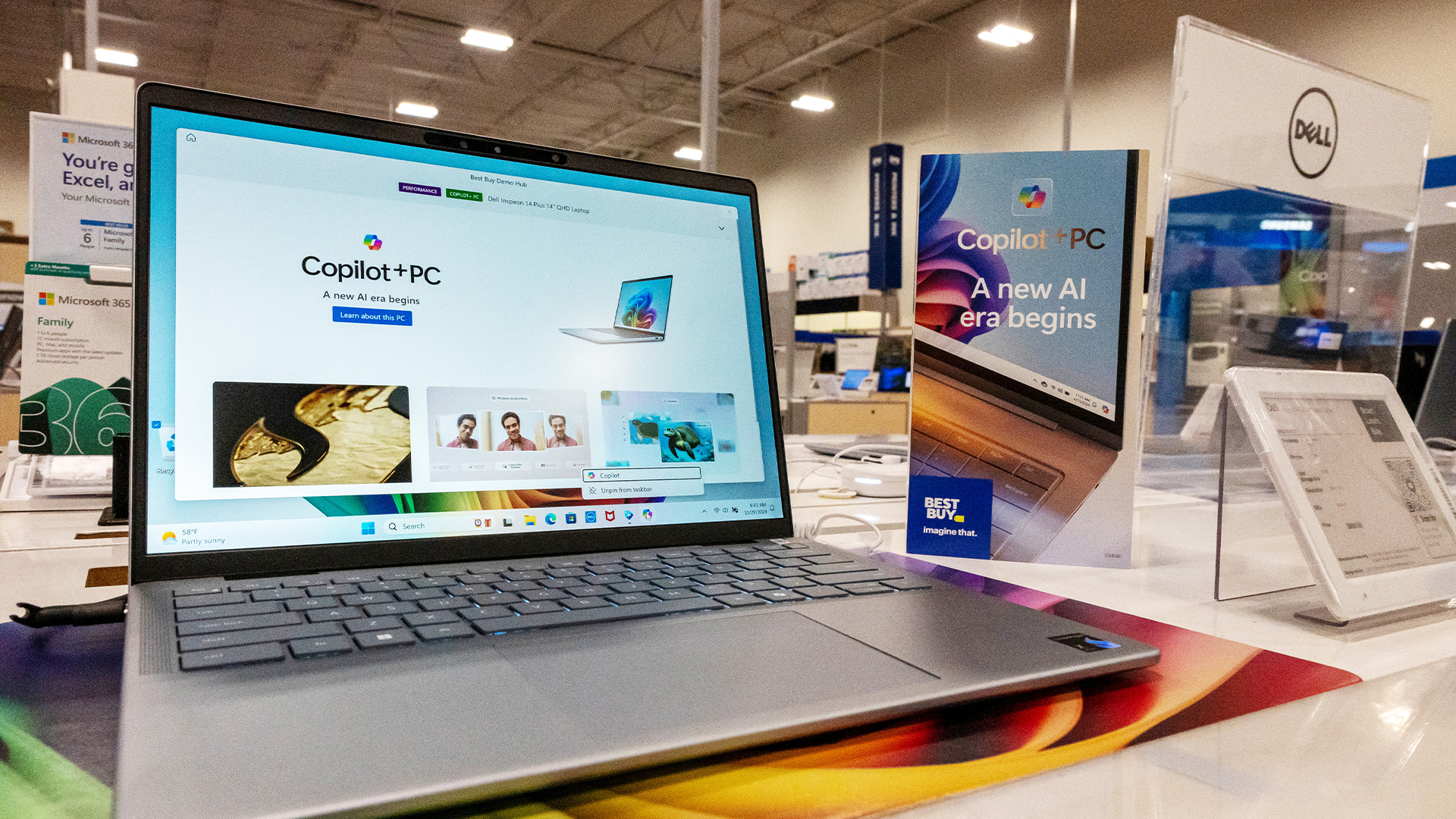

IT decision makers are bullish about AI PCs, according to analysis from IDC, with more than eight-in-ten saying they will positively impact employees.
In a survey conducted by IDC on behalf of AMD, respondents overwhelmingly agreed that AI PCs will help improve productivity.
IT decision makers noted that in-built AI capabilities will help eliminate repetitive tasks, enable employees to focus on critical workloads, and streamline efficiency.
With around eight-in-ten saying they plan to invest in AI PCs this year, IDC predicts that global commercial AI PC shipments will represent 93.9% of the market by 2028.
The rise of the AI PC has been a long time coming, and a host of major manufacturers have been ramping up development over the last 18 months.
Former Intel CEO Pat Gelsinger went so far as to claim AI PCs would be the ‘star of the show’ in 2024. While sales gained traction, the scale of adoption hasn’t quite been what manufacturers expected.
A study from Intel in November 2024 suggested sluggish uptake of AI PCs across both the enterprise and consumer market was due to a lack of understanding, with many users not quite seeing their full potential.
Get the ITPro daily newsletter
Sign up today and you will receive a free copy of our Future Focus 2025 report - the leading guidance on AI, cybersecurity and other IT challenges as per 700+ senior executives
This hesitancy has also been reflected across the IT channel, according to research from Canalys. Research from the consultancy in late 2024 showed, once again, that the underlying value propositions of AI PCs weren't sufficiently clear to partners or customers.
What’s driving the shift to AI PCs?
That’s all changing, however. Part of the reason for the predicted boom in AI PCs is an upcoming major refresh cycle of systems dating back to 2020 or before.
In October this year, Microsoft will stop offering security updates for Windows 10 - which is still running on a huge percentage of commercial PCs.
Indeed, IDC said about 58% of the installed bases at the survey respondents’ companies were still running Windows 10 last year.
Six-in-ten IT decision makers said they planned to replace these ageing machines with new Windows 11 PCs, rather than upgrading their old systems to the new OS.
RELATED WEBINAR

Notably, nearly three-quarters said that the release of AI PCs has accelerated their PC refresh plans.
"The AI PC era is here, and whether you're fully ready to embrace it or not, the fact is that the PC purchases you make now will be in your installed base for many years to come," wrote Tom Mainelli, IDC's group vice president, device and consumer research and Linn Huang, research vice president, devices and displays, in a research note.
"As you plan your company's final Windows 11 transition push, you must plan for both current and future AI workloads, recognizing that over the next few years, most apps will get AI features designed to leverage an AI PC's NPU."
There are, though, perceived barriers, including costs, privacy challenges and security risks.
"To address this, organizations should work closely with their hardware and silicon vendors to fully understand available technologies and how they align with business goals," IDC advised.
"These partnerships can help demystify AI PCs, enabling companies to identify on-device AI processing that addresses their unique challenges and delivers measurable value."
MORE FROM ITPRO
Emma Woollacott is a freelance journalist writing for publications including the BBC, Private Eye, Forbes, Raconteur and specialist technology titles.
-
 Asus ZenScreen Fold OLED MQ17QH review
Asus ZenScreen Fold OLED MQ17QH reviewReviews A stunning foldable 17.3in OLED display – but it's too expensive to be anything more than a thrilling tech demo
By Sasha Muller
-
 How the UK MoJ achieved secure networks for prisons and offices with Palo Alto Networks
How the UK MoJ achieved secure networks for prisons and offices with Palo Alto NetworksCase study Adopting zero trust is a necessity when your own users are trying to launch cyber attacks
By Rory Bathgate
-
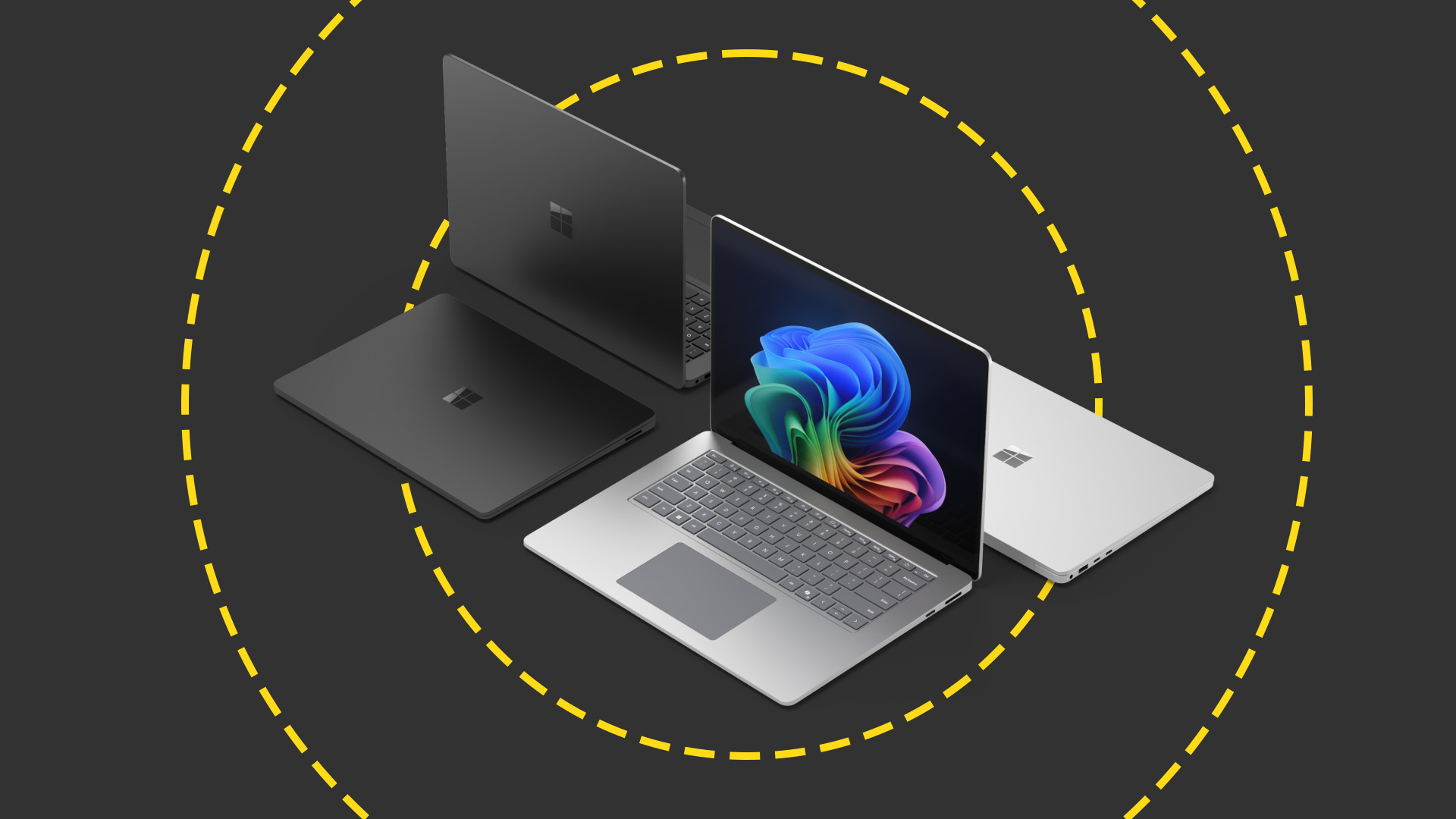 Microsoft targets enterprises with new Intel-powered Surface devices – but they come with a hefty price tag
Microsoft targets enterprises with new Intel-powered Surface devices – but they come with a hefty price tagNews Microsoft has unveiled the launch of the new Surface Pro 11 and Surface 7 laptop devices with Intel chips.
By Solomon Klappholz
-
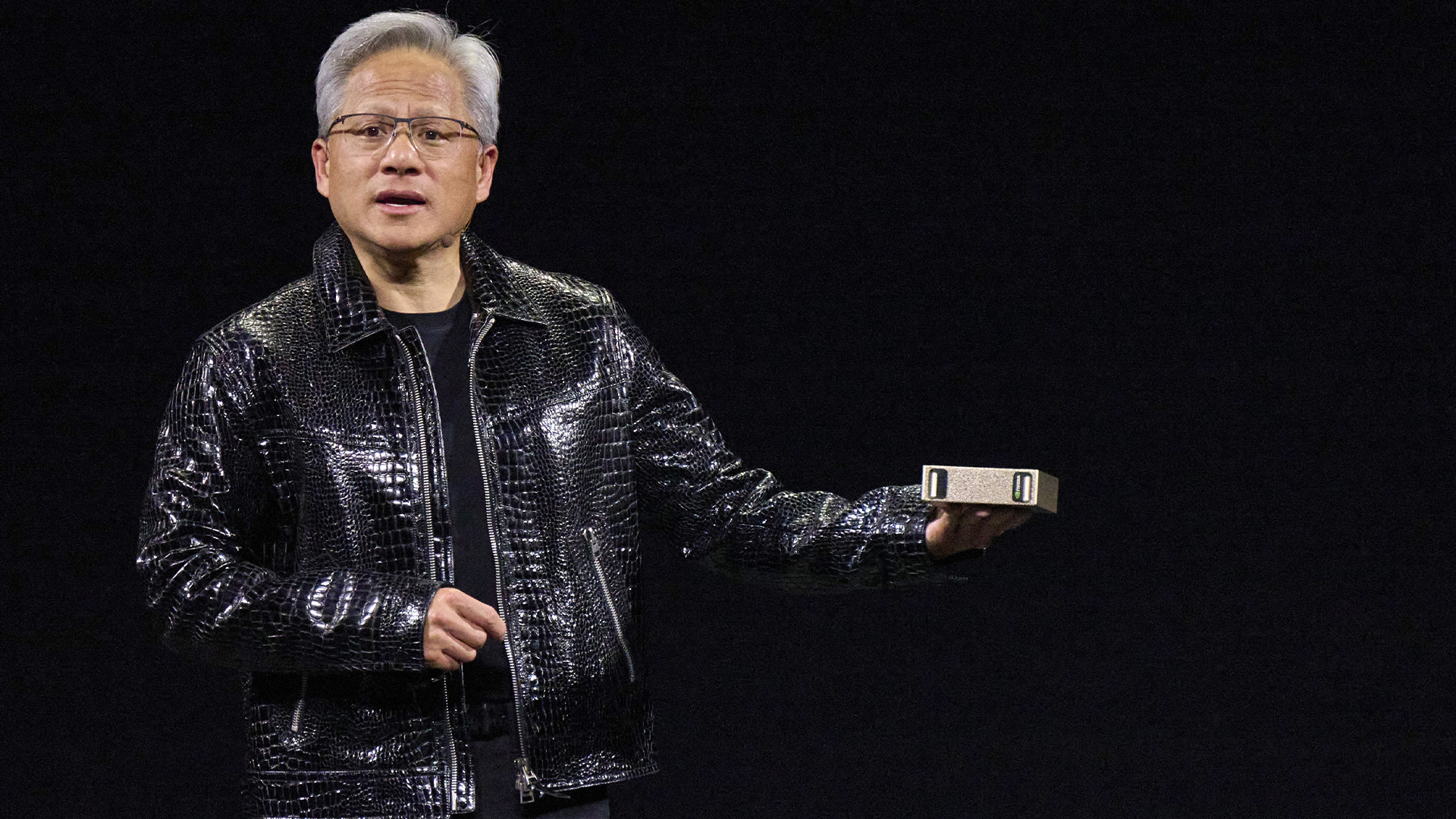 “The Grace Blackwell Superchip comes to millions of developers”: Nvidia's new 'Project Digits' mini PC is an AI developer's dream – but it'll set you back $3,000 a piece to get your hands on one
“The Grace Blackwell Superchip comes to millions of developers”: Nvidia's new 'Project Digits' mini PC is an AI developer's dream – but it'll set you back $3,000 a piece to get your hands on oneNews Nvidia unveiled the launch of a new mini PC, dubbed 'Project Digits', aimed specifically at AI developers during CES 2025.
By Solomon Klappholz
-
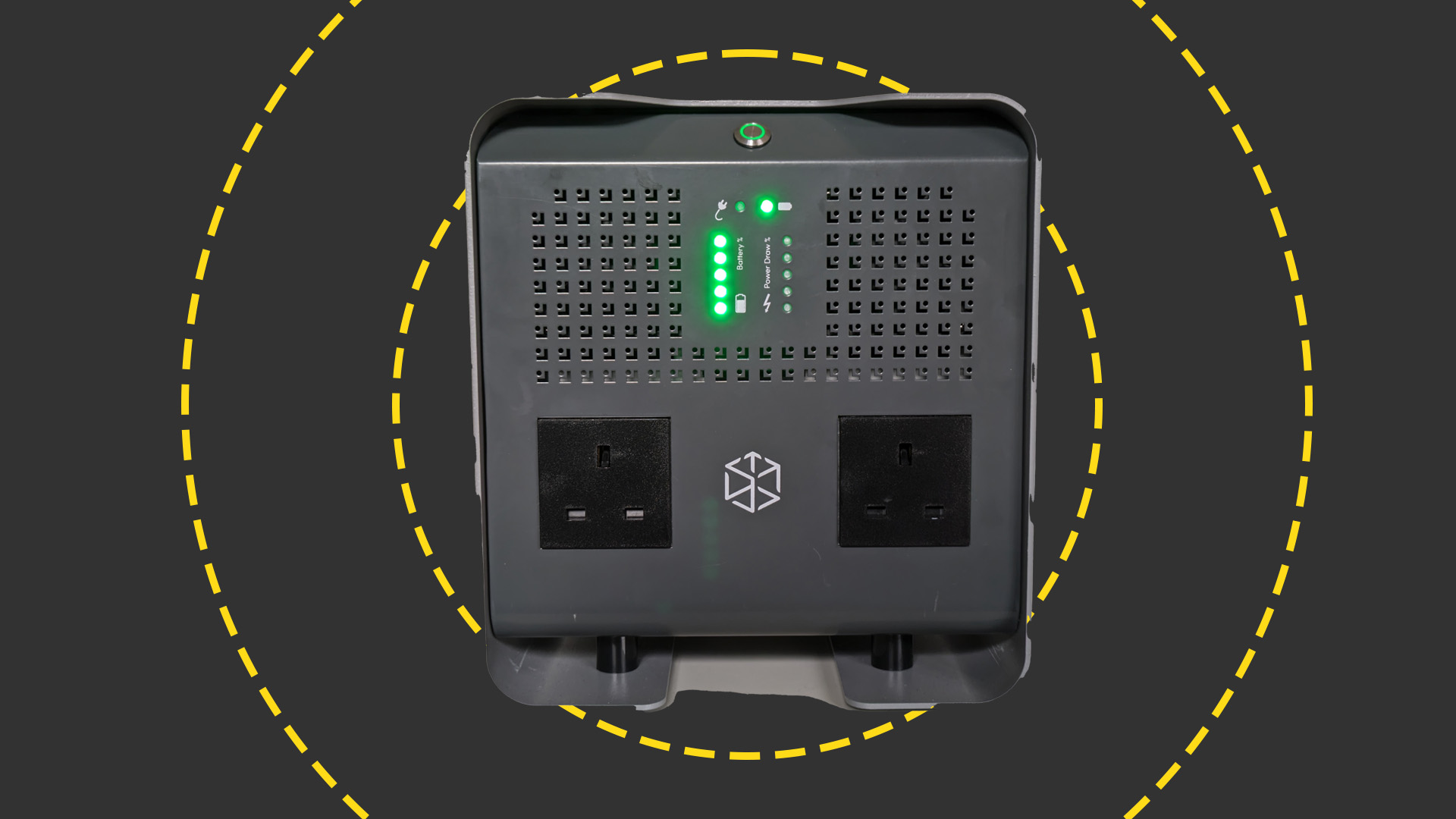 Reskube Home Pro review: An excellent, single solution for resilient remote working
Reskube Home Pro review: An excellent, single solution for resilient remote workingReviews Reskube's Home Pro backs up power and connectivity for home workers and small branch offices, in an easy to deploy single box
By Simon Handby
-
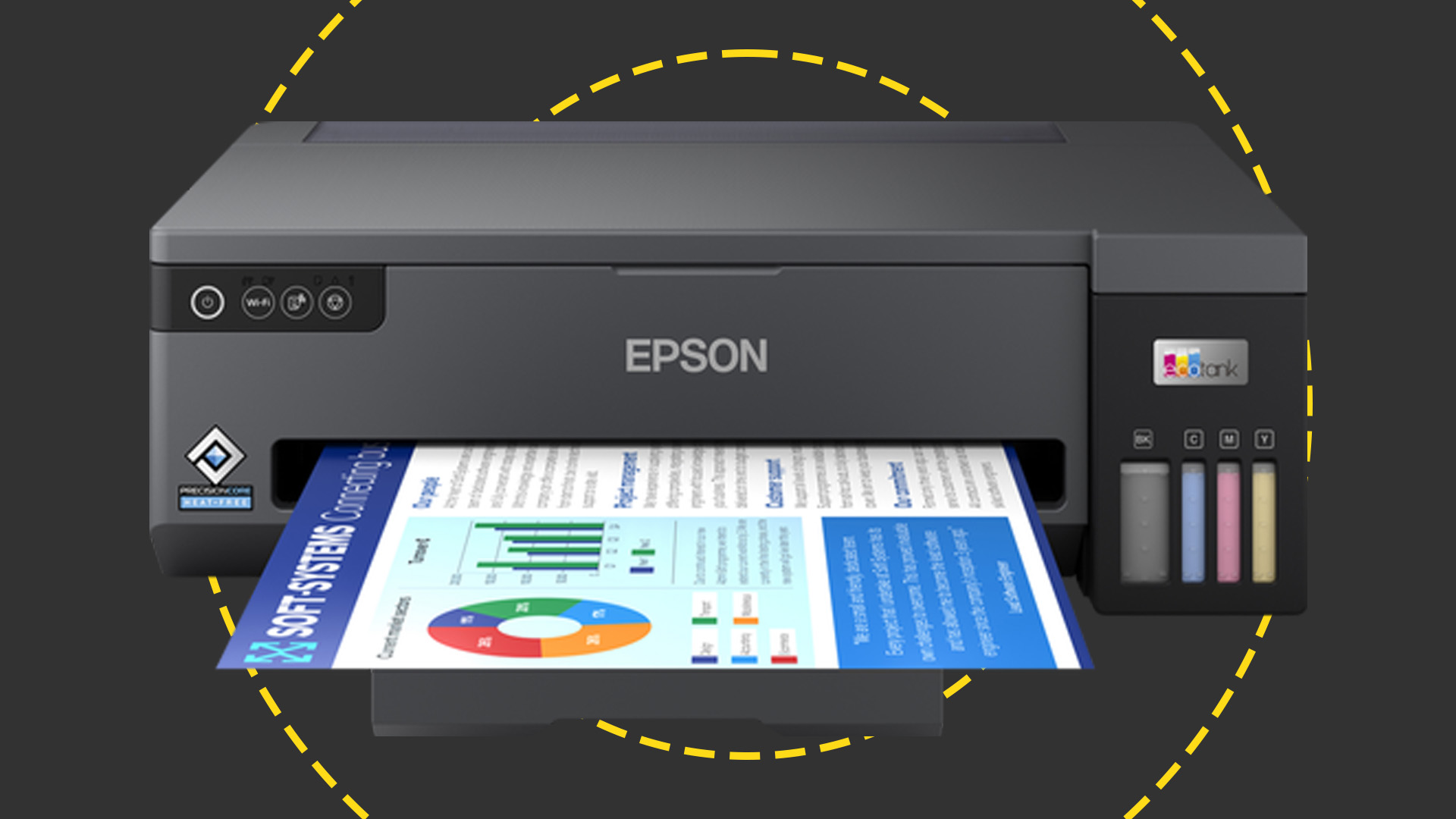 Epson EcoTank ET-14100 review: Cheap to run with surprisingly good photos, but who's it for?
Epson EcoTank ET-14100 review: Cheap to run with surprisingly good photos, but who's it for?Reviews Epson's EcoTank ET-14100 has decent all-round performance but it's neither an excellent office or photo printer, leaving it feeling just a little unfocused
By Simon Handby
-
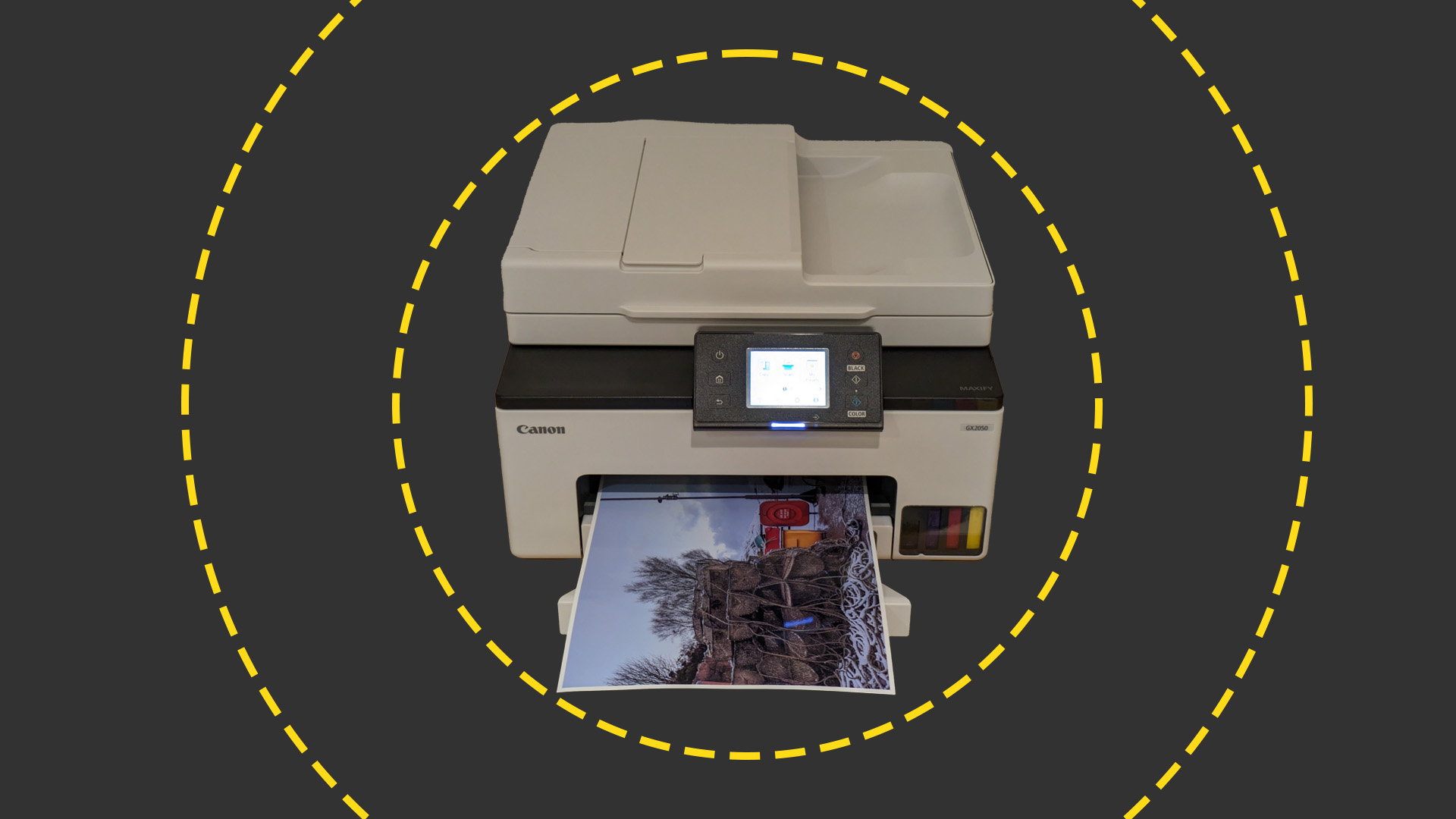 Canon MAXIFY GX2050 review: A small office inkjet MFP with very low running costs
Canon MAXIFY GX2050 review: A small office inkjet MFP with very low running costsReviews The Canon MAXIFY GX2050 offers a fair balance of features and performance. But while it is very cheap to run, it's not a brilliant MFP overall
By Simon Handby
-
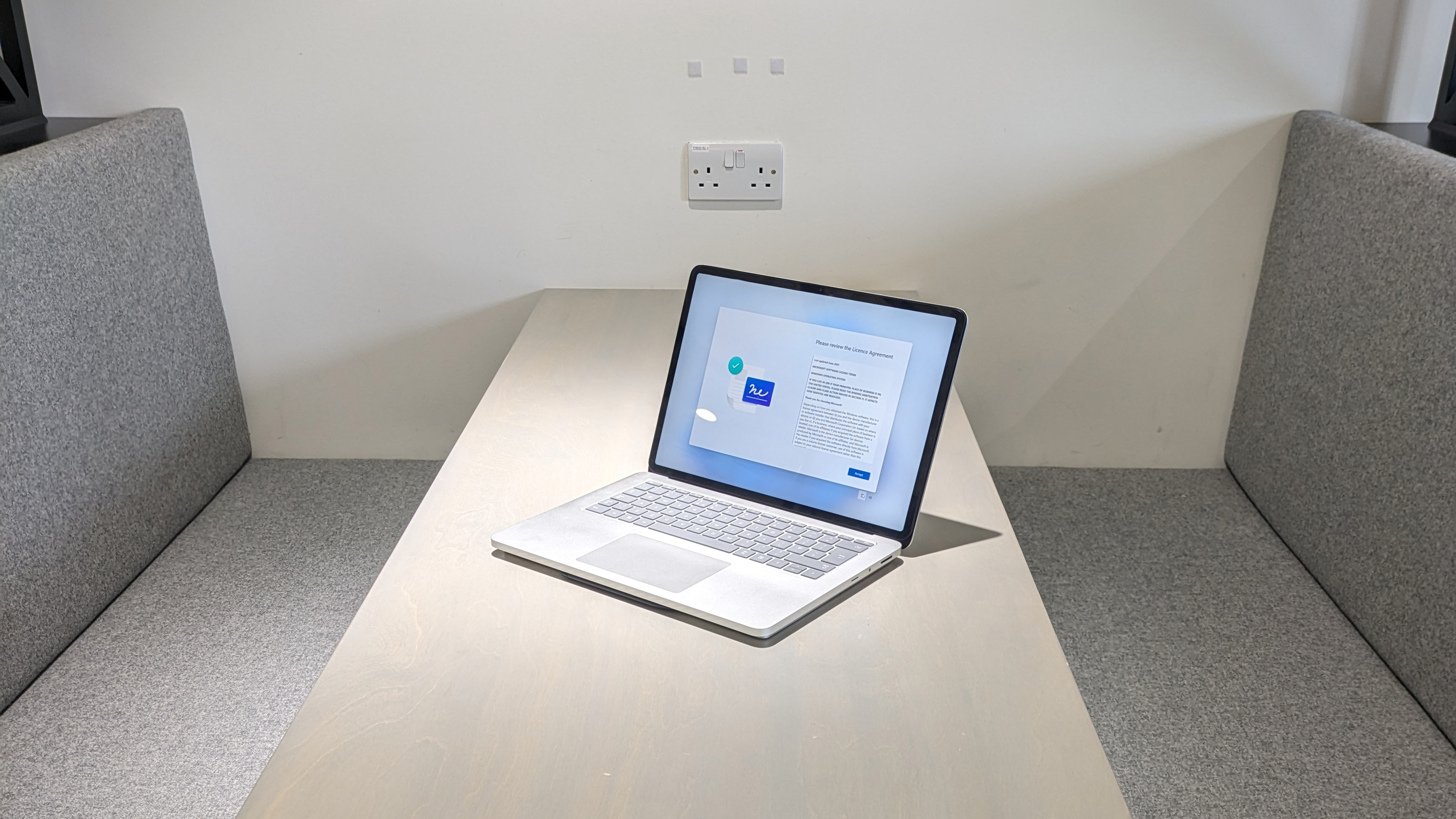 Microsoft Surface Laptop Studio 2 review: A premium productivity powerhouse with a creative flourish
Microsoft Surface Laptop Studio 2 review: A premium productivity powerhouse with a creative flourishReviews Improved build quality, performance, and design, but new tricks offer limited functionality for enterprises while adding a premium on the price
By Solomon Klappholz
-
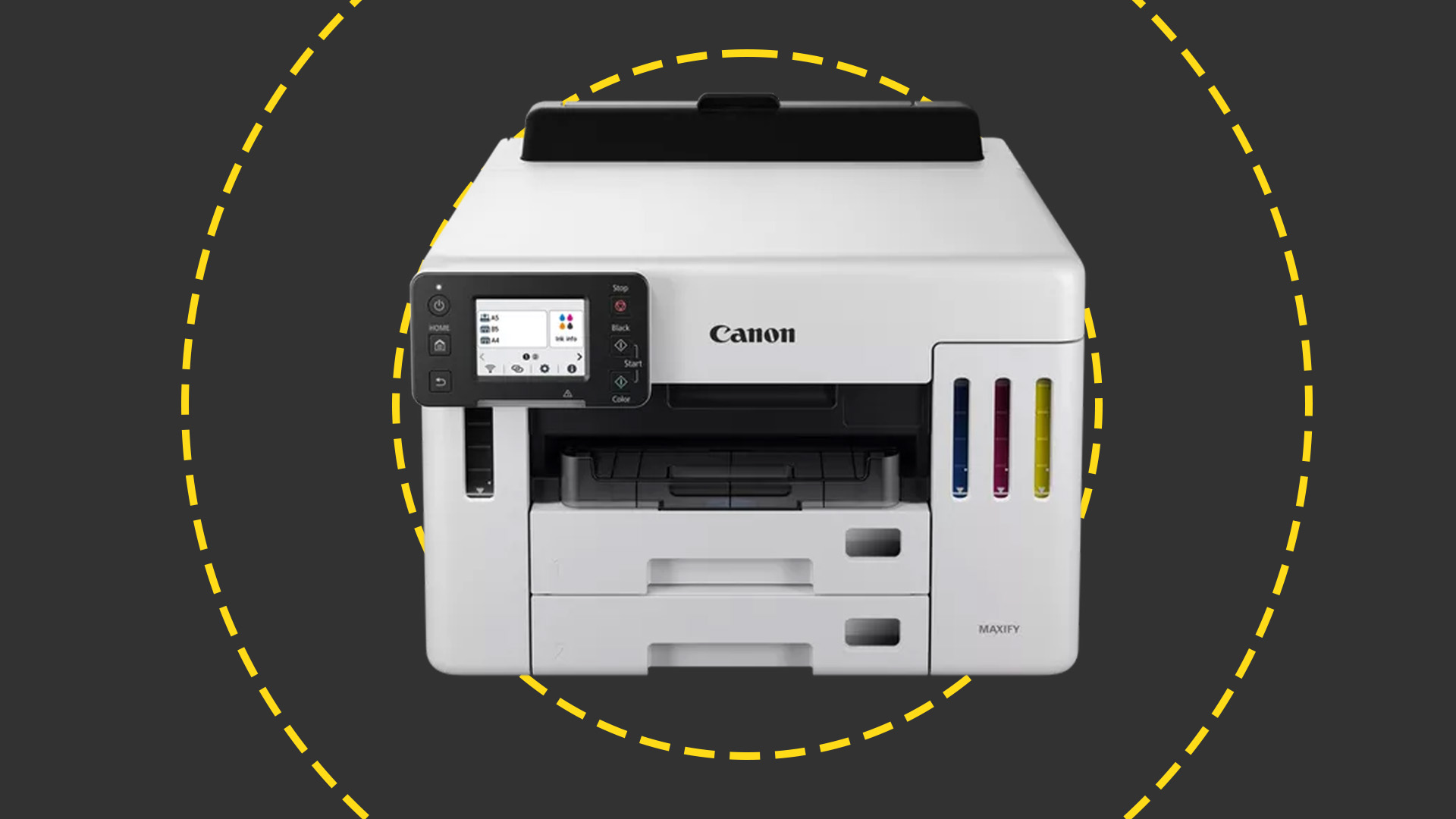 Canon MAXIFY GX5550 review: An inkjet printer that may make a convincing laser alternative
Canon MAXIFY GX5550 review: An inkjet printer that may make a convincing laser alternativeReviews Canon's MAXIFY GX5550 is gunning for small office laser printers. But should they be worried?
By Simon Handby
-
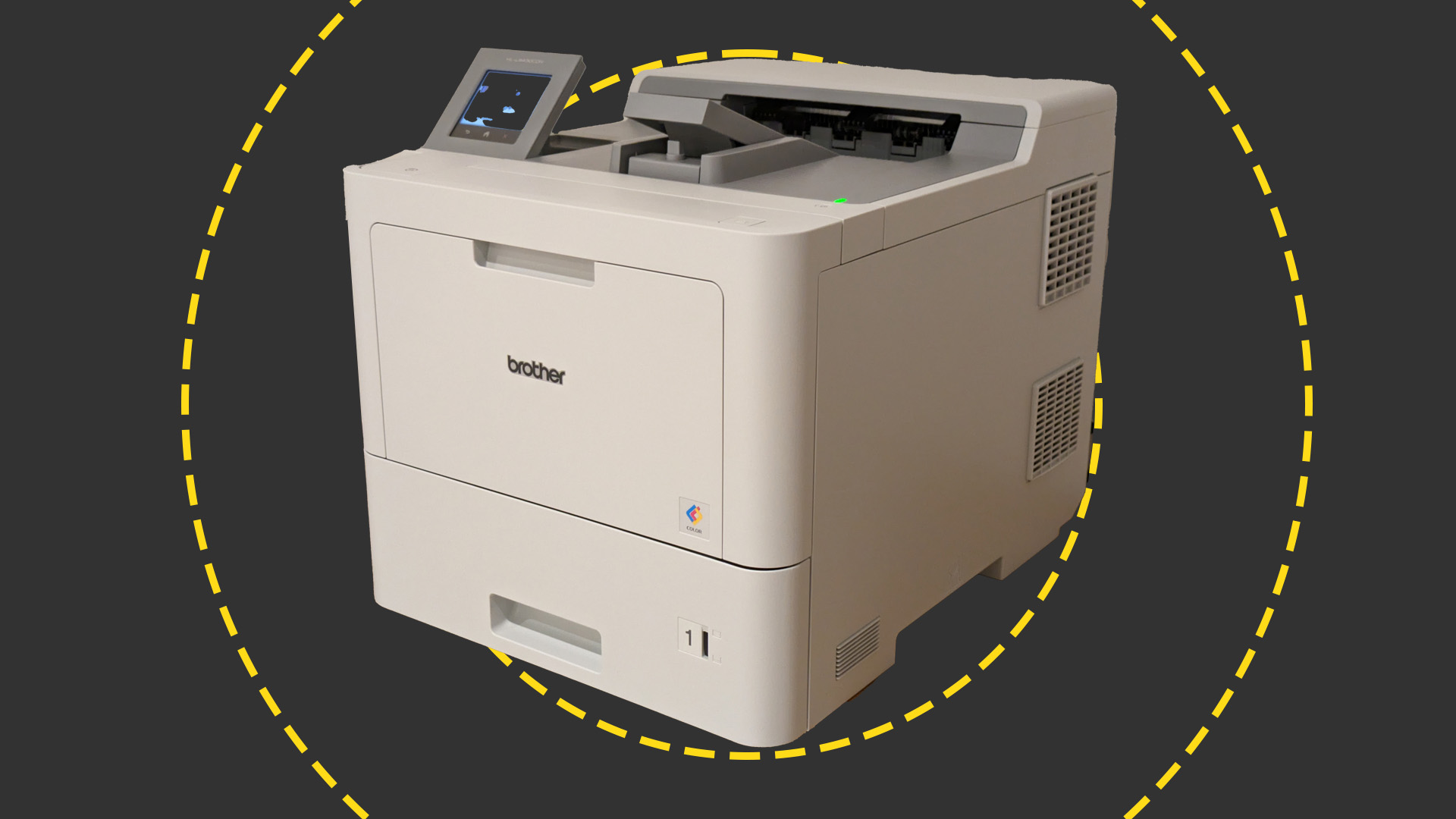 Brother HL-L9430CDN review: big, fast, and cheap to run
Brother HL-L9430CDN review: big, fast, and cheap to runReviews The Brother HL-L9430CDN is a big and straightforward color laser for workgroups
By Simon Handby